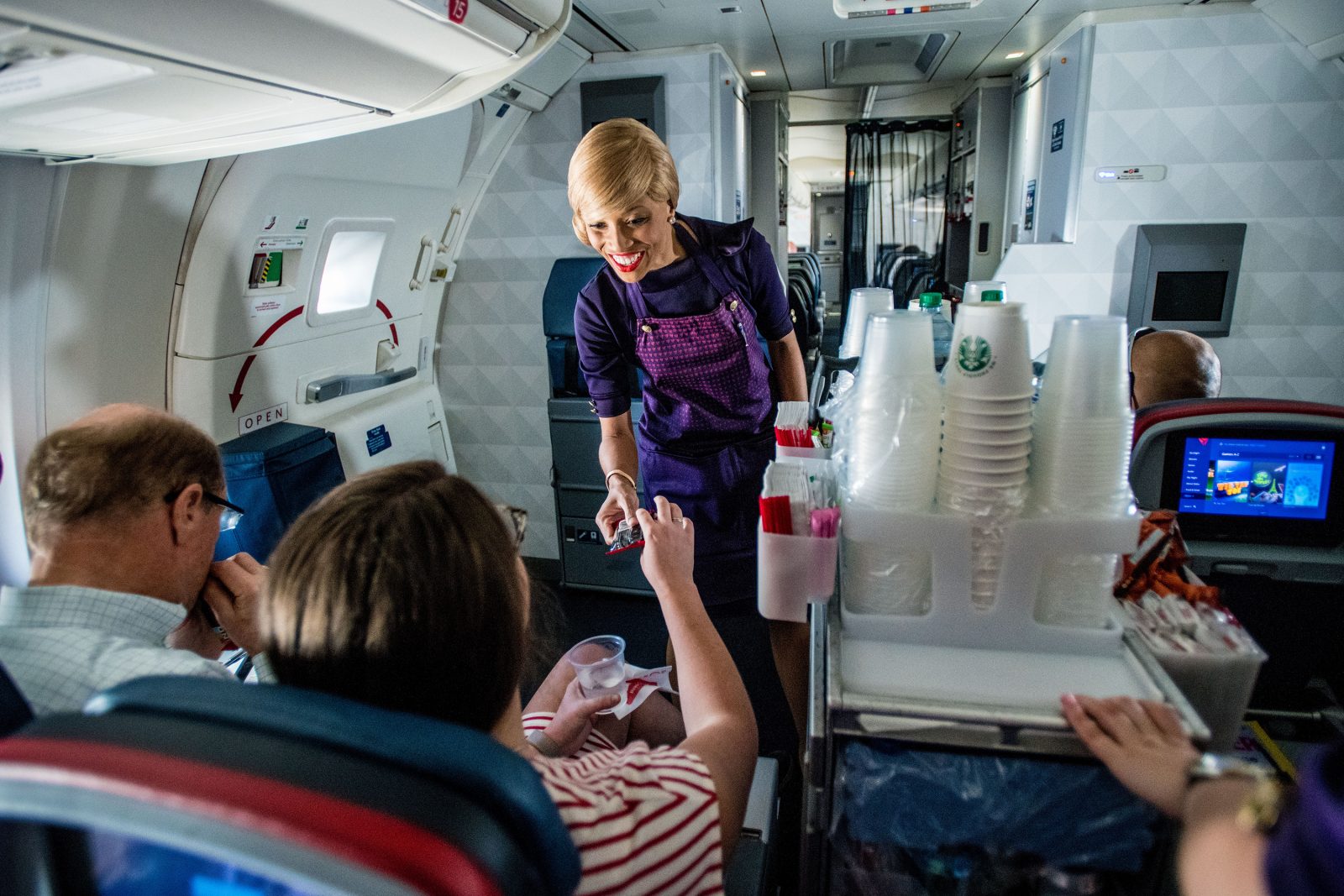
On 3rd October 2018, a Bill was passed into law that was meant to significantly improve the amount of rest that flight attendants enjoy between flights. That fatigue-busting upgrade should have been implemented within 30-days of the law being introduced and yet by April of this year, the FAA didn’t even have an idea when it might get around to actually executing it.
At the time of writing, only a few airlines have decided to act in the spirit of the law and introduce the rule change. Many other U.S.-based airlines have opted to delay introducing the rule change until they are forced to by the FAA.
At present, flight attendants are only guaranteed a minimum of eight hours rest between flights when their duty period for the day is less than 14-hours. Last year’s FAA Reauthorization Act bumped that minimum rest period to at least 10-hours which cannot be reduced for any reason. The rule change brings flight attendants in line with their pilot colleagues who have enjoyed 10-hours minimum rest since 2011.
Delta Air Lines has been accused of being one of the airlines most opposed to introducing the upgraded rest period. The Atlanta-based airline had allegedly been arguing every means to delay implementation, arguing it would need a lot of investment – from completely rewriting crew rosters to even hiring more flight attendants to account for gaps in its schedules.
Obviously, that kind of investment takes time, although critics say the airline was deliberately overstating the complexity of the task at hand in order to save money.
It does, however, look like Delta has had a change of heart. The airline has finally announced that it will be introducing the rule change and that its flight attendants will enjoy 10-hours minimum rest from February 2020.
It’s still nearly six months away but it looks like the airline was only prompted to act when new FAA administrator Steve Dickson announced an official rulemaking process for 10-hours minimum rest shortly after taking office.
Both Frontier and regional carrier PSA have already implemented the rule change, while several major carriers are still dragging their heels.
Although flight attendant rest requirements can vary massively from country to country, the rule change for U.S.-based flight attendants will bring them more on a par with their European colleagues. For years, cabin crew in Europe have benefited from at least 10-hours minimum rest between flights although mounting evidence now suggests that current rules to prevent fatigue amongst aircrew don’t go nearly far enough.
Related
Mateusz Maszczynski honed his skills as an international flight attendant at the most prominent airline in the Middle East and has been flying ever since... most recently for a well known European airline. Matt is passionate about the aviation industry and has become an expert in passenger experience and human-centric stories. Always keeping an ear close to the ground, Matt's industry insights, analysis and news coverage is frequently relied upon by some of the biggest names in journalism.







